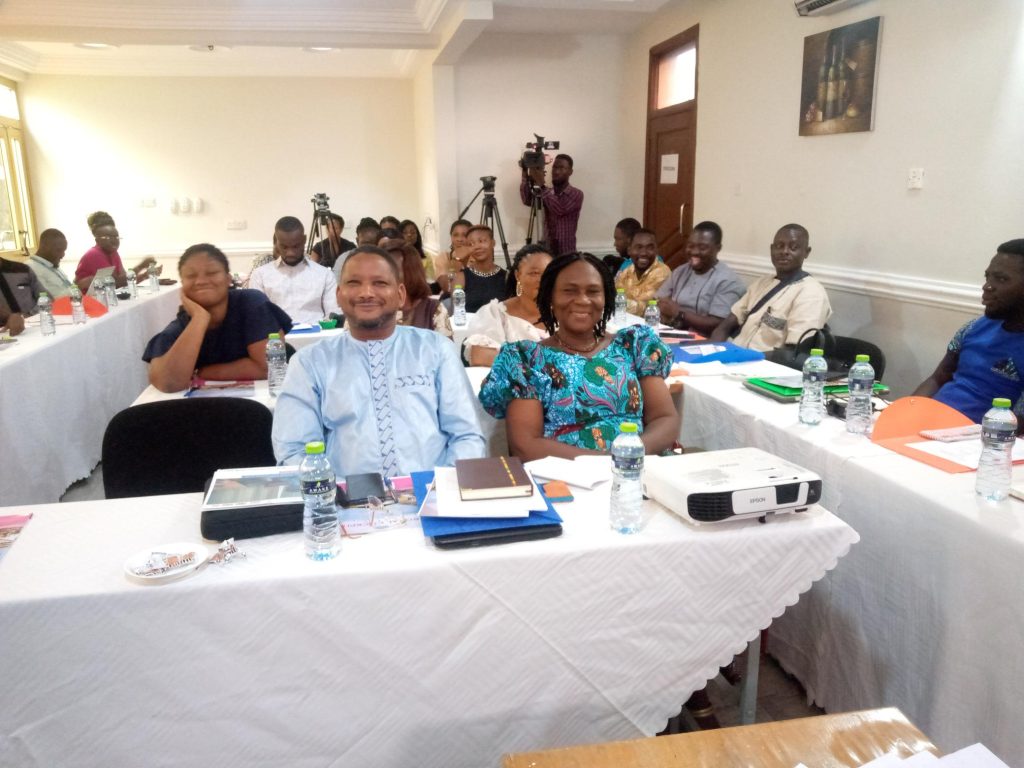By Patrick Ofoe Nudzi
Accra, Feb. 09, GNA – Mr Mark Okraku-Mantey, Deputy Minister for Tourism, Arts and Culture (MoTAC), says Ghana must focus on turning its intangible cultural heritage into money-making materials to help spur economic growth.
“Our indigenous knowledge, beliefs, cultural practices, songs, foods, skills, oral traditions have demonstrated how unique and powerful they are in contributing to our national development,” he said.
Mr Okraku-Mantey said this at a technical training workshop held in Accra for trainers within the arts and culture value chain to equip them with the skills in packaging and promoting Ghana’s intangible cultural heritage
He said the sector, which could be a catalyst in enhancing economic development through job creation, tourist attractions and investments had been left for far too long.
The Deputy Minister noted that stakeholders had put too much premium on the tangible cultural heritage like the forts and castles, Adinkra symbols; artefacts such as stools, textiles, ritual dolls and musical instruments.
“For Instance, the folklore ‘Kwaku Ananse’stories cannot be sustained, promoted and handed down to the current generation whereas the Belgians still promote their ‘Tintin,’” he said
Mr Okraku-Mantey called on the young generation to make use of the intangibles and create prosperity for themselves and the State by putting their ideas into tangibles.
Mr Abdourahamane Diallo, Head of Office and Representative of UNESCO to Ghana, said intangible cultural heritage would not only promote economic growth but preserved communities.
He said Africa could not boost so much of the tangible cultural heritage compared to the western world but could harness its overwhelming intangibles.
“Africa has a hidden treasury in the intangibles and UNESCO is helping champion its development, we want to document them and create a database to know how much revenue it can generate,” Mr Diallo said.
Madam Bernice Ann Deh-Kumah, Executive Director, National Folklore Board, said the training of trainers would help in explaining ideals of intangibles cultural heritage in culture and creative arts industry.
“The intangibles are part of our culture and nobody can take it from us and we train the industry players to preserve what we have,” she said

She said the National Folklore Board would begin a compilation of a national register of intangible cultural heritage to put Ghana on the path of getting its intangibles like “jollof rice” enlisted on UNESCO’s World Heritage List.
GNA